
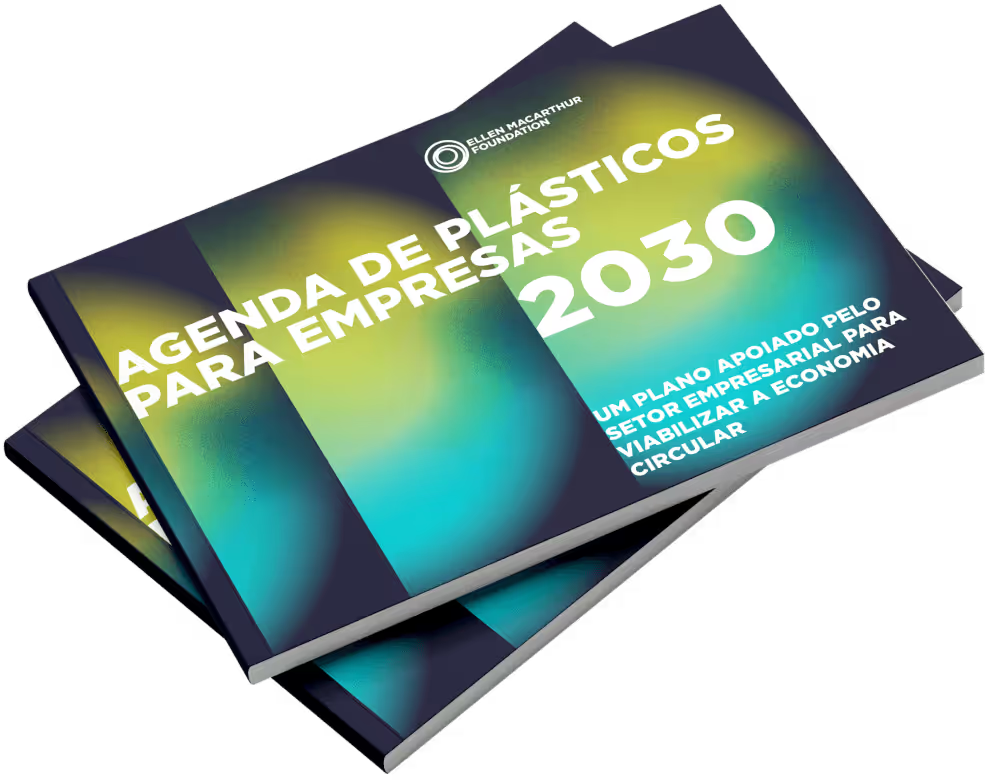
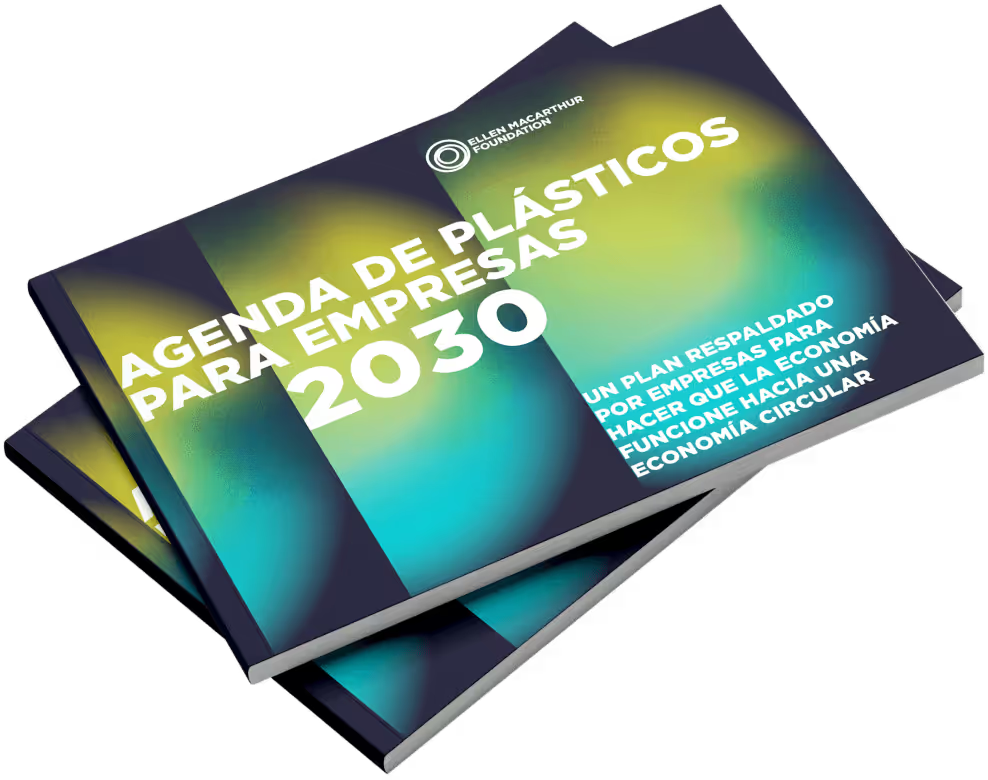



After a decade of concerted effort, leading companies have bent the curve on virgin plastics in packaging. The Ellen MacArthur Foundation’s new 2030 Plastics Agenda for Business provides the blueprint to build on this progress in eliminating plastic waste and pollution in the years ahead.
Over the past ten years, more than 1,200 businesses and organisations have united behind a shared vision for plastics. Through the Global Commitment, companies representing 20% of global plastic packaging have already demonstrated that change is possible. They are ahead of increasing regulation and are using the circular economy as a competitive strategy to build long term resilience. Now, with growing policy attention, the next five years will be decisive.
After a decade of concerted effort, leading companies have bent the curve on virgin plastics in packaging. The Ellen MacArthur Foundation’s new 2030 Plastics Agenda for Business provides the blueprint to build on this progress in eliminating plastic waste and pollution in the years ahead.
Over the past ten years, more than 1,200 businesses and organisations have united behind a shared vision for plastics. Through the Global Commitment, companies representing 20% of global plastic packaging have already demonstrated that change is possible. They are ahead of increasing regulation and are using the circular economy as a competitive strategy to build long term resilience. Now, with growing policy attention, the next five years will be decisive.

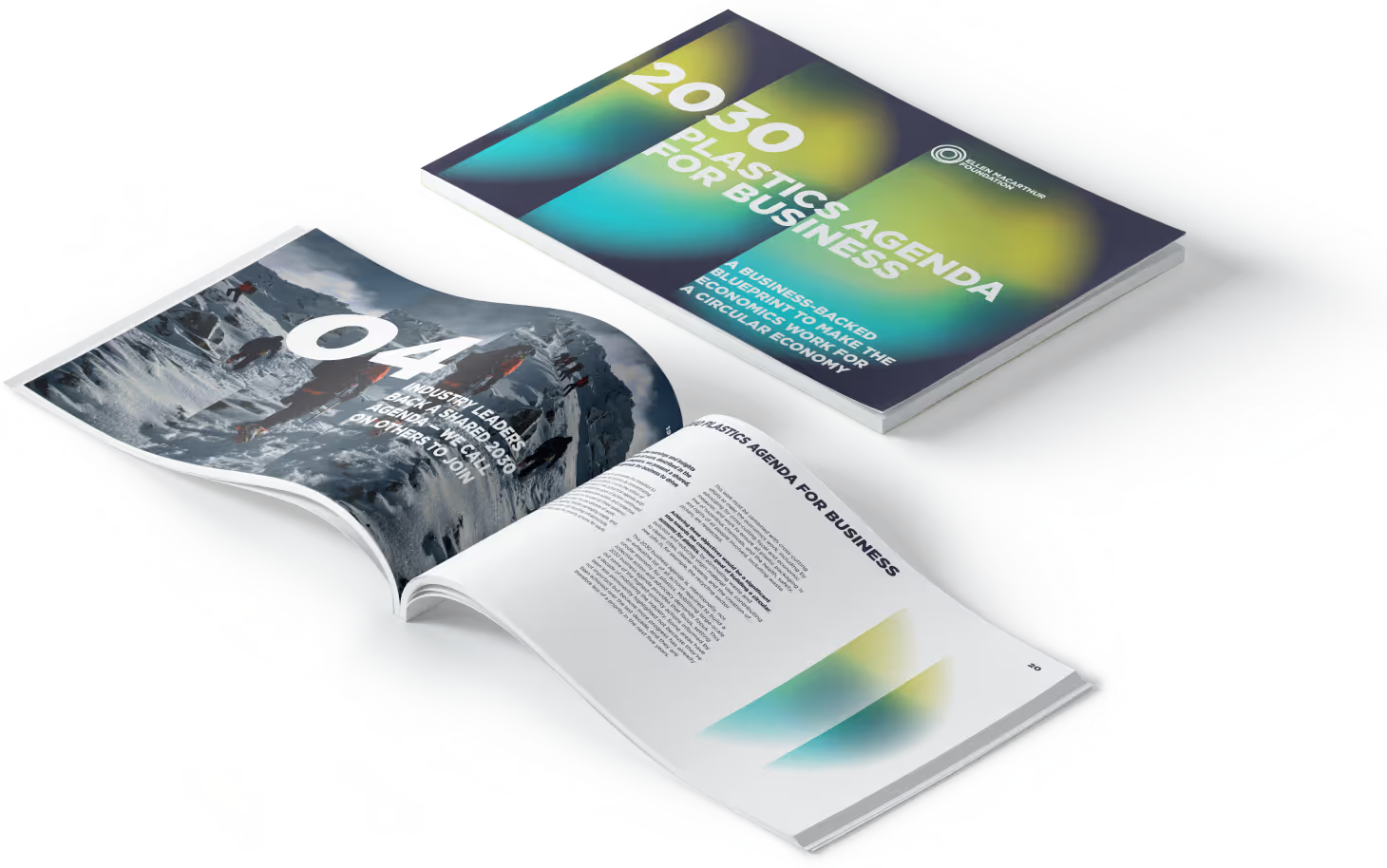
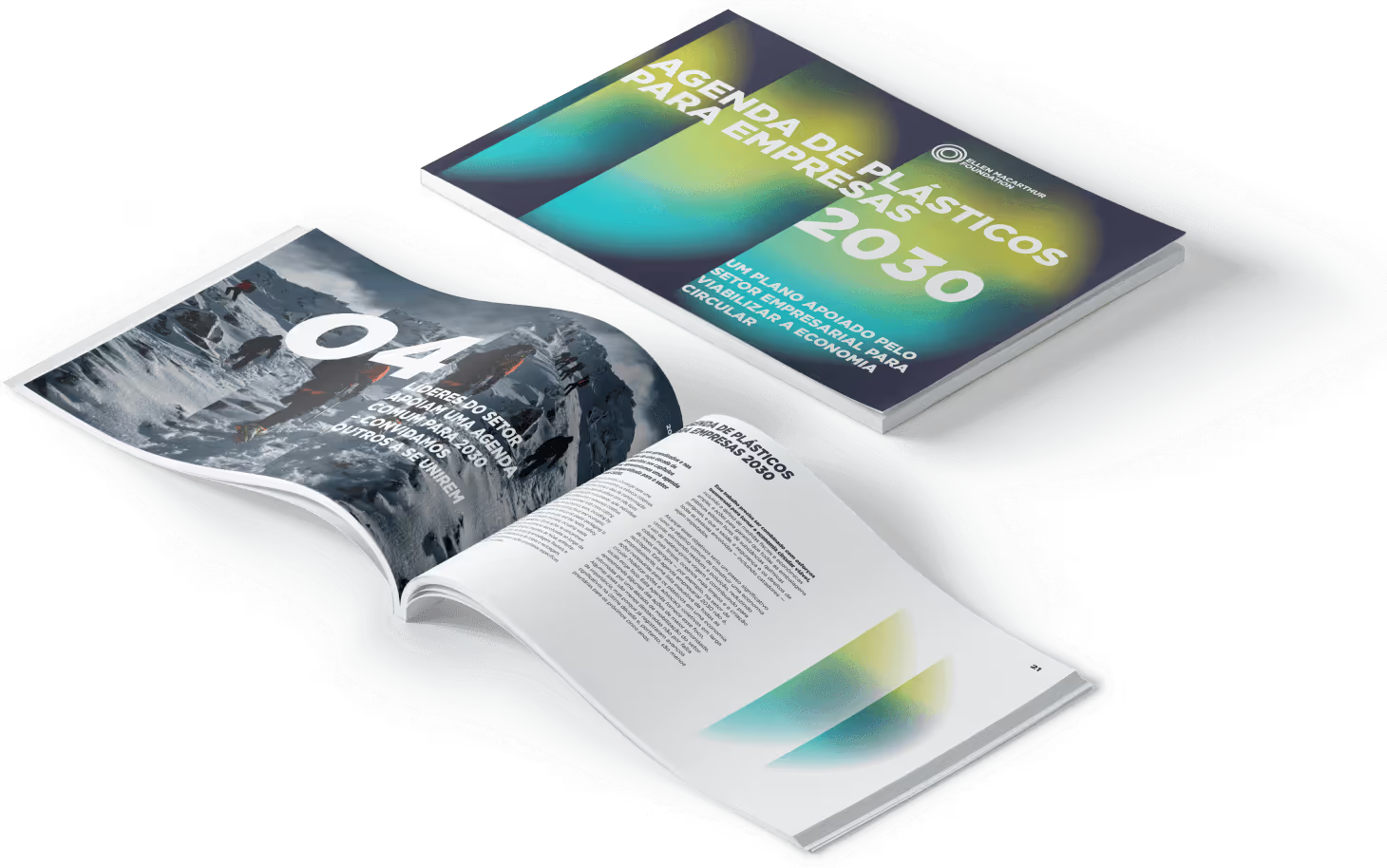
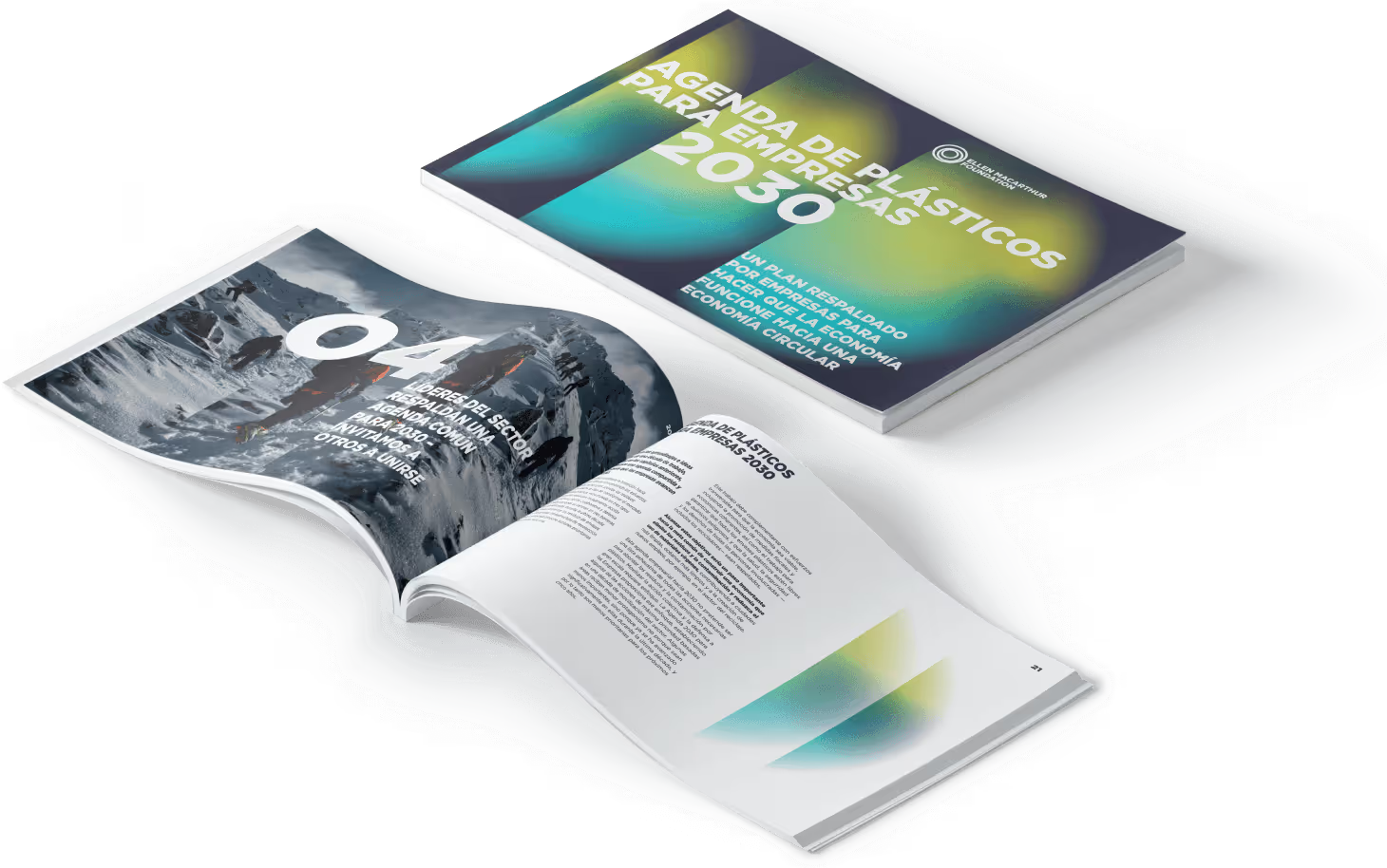
The 2030 Plastics Agenda for Business sets out how organisations can engage in collaborative action, influence effective policy through collective advocacy, and ultimately accelerate the transition to a circular economy.